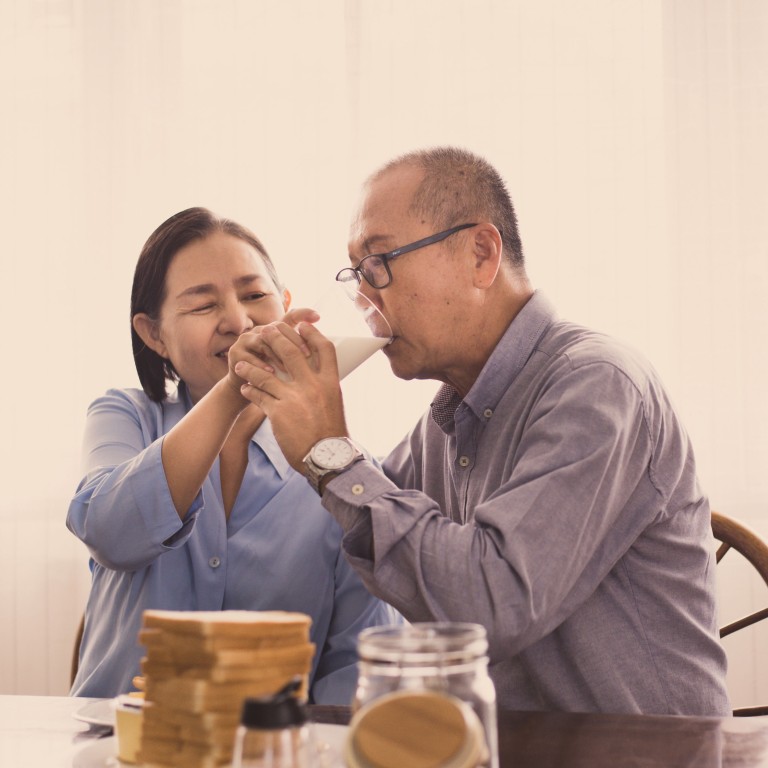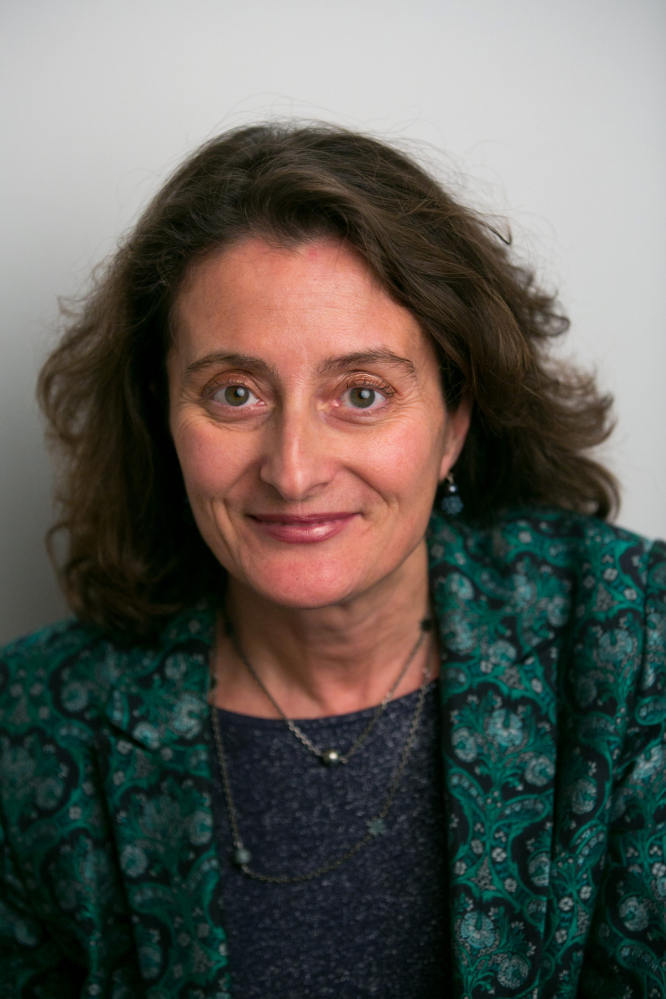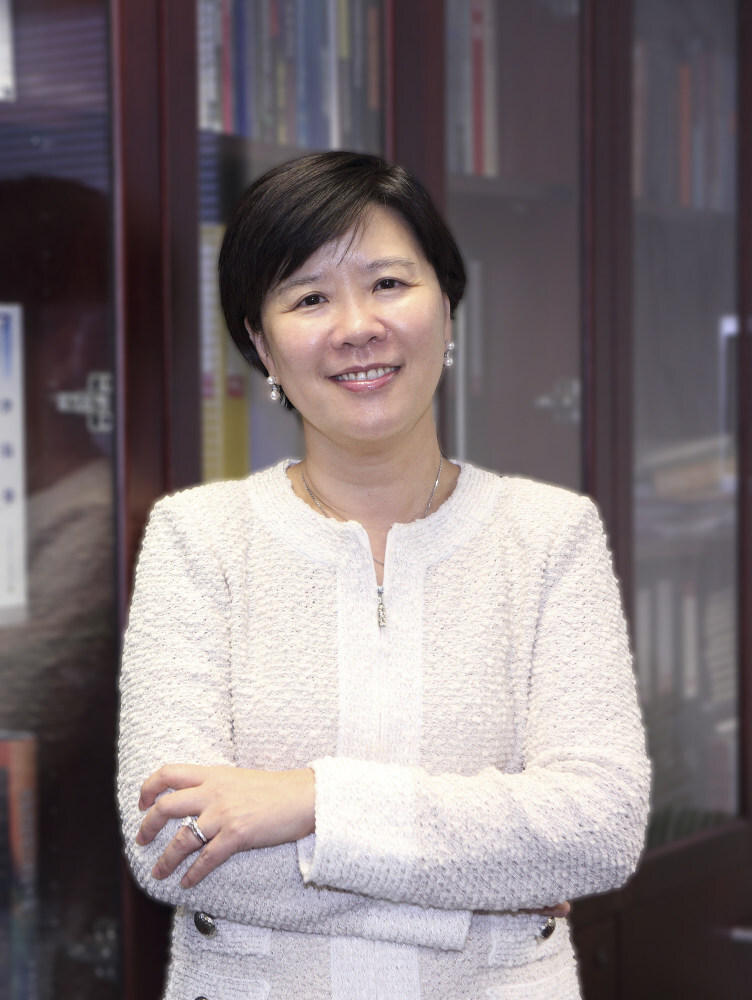
World Alzheimer’s Day: what you can do about dementia, from changing your lifestyle to lower your risk of getting it to spotting the warning signs in older people
- A dozen Alzheimer’s risk factors – including smoking, drinking, obesity and isolation – are easily modifiable. Change your habits while you still have time
- With cases set to rise sharply, doctors hope we will develop drugs to manage the disease. In the meantime, learn to see signs of it in older relatives or friends
When I tell people my mother has dementia, they say: “Oh, I am so sorry”. They might add: “It’s a terrible illness.” But they don’t say anything else. They offer no platitudes, no words of encouragement for a recovery.
Dementia has no cure; it’s always terminal. And it’s always cruel.
Dementia is the collective name for progressive degenerative brain syndromes which affect memory, thinking, behaviour and emotion. And Alzheimer’s disease is the most common type of dementia, accounting for 60 to 80 per cent of all cases.

“Many dementia experts around the globe are seriously concerned by the link between dementia and the neurological symptoms of Covid-19,” says Paola Barbarino, the CEO of Alzheimer’s Disease International – the international federation of Alzheimer associations around the world. “We are incredibly concerned by the increasing prevalence of those succumbing to Alzheimers/dementia globally.”
Tips for a healthy heart – are you taking care of yours?
Recent World Health Organisation (WHO) forecasts estimate dementia cases will rise from 55 million to 78 million by 2030, and to 139 million by 2050. It is one of the major causes of disability and dependency among older people worldwide.
Professor Nancy Ip, vice-president for research and development and the Morningside Professor of Life Science at the Hong Kong University of Science and Technology, shares Barbarino’s concern.
“With improved medical care in Hong Kong and globally, life expectancies have risen greatly. Indeed, Hong Kong people have the longest life expectancy in the world and in the coming decades, the proportion of seniors aged 65 and above is projected to rise significantly,” Ip says ahead of World Alzheimer’s Day on September 21.

But therein lies a cruel paradox: better health care into old age means that many of the older generation will suffer one of the most devastating degenerative diseases.
“Hospitals will be burdened with dementia patients. Medical resources will have to be prioritised towards dementia care. Government spending will have to budget more for dementia services and social support for patients and carers.
“Moreover, more people may need to undertake round-the-clock informal caregiving duties to family members, thus impacting the workforce and resulting in huge economic costs to society.”
CNN’s Dr Sanjay Gupta on how to avoid getting dementia
How do we turn this devastating, incoming tide? “The WHO, governments and research institutions across the globe need to prioritise and commit more funding to research – to a minimum 1 per cent of the societal cost – to avoid being further overwhelmed by the oncoming pandemic of dementia,” says Barbarino.
It’s about adopting a two-pronged approach: preparing health care systems to cope with rising demand “while simultaneously implementing risk-reduction strategies to help combat the numbers”.

While we can’t change our genetic make-up – there are more than 20 genes which affect a person’s risk of developing dementia – the power to narrow the odds of developing it lies in our hands.
Managing or even mitigating these risks is possible on our own as individuals or with support from our doctors or medicine. Consider hypertensive drugs to be one effective way to reduce your dementia risk.
One year without alcohol: how my life has changed
“It targets and clears aggregated forms of amyloid beta, including plaques, which may be drivers of neurodegeneration in Alzheimer’s disease,” she says.
There are considerable hurdles which need to be overcome in its use, Barbarino adds, such as the cost and health care preparedness.
According to Biogen, an eligible patient would require an infusion once every four weeks, at a wholesale cost of US$4,312 per infusion for a patient weighing 74kg (163 pounds) – the average weight of a US patient with mild dementia, for an annual cost of US$56,000 at the maintenance dose of 10 mg/kg.

Ip agrees that the cost is a barrier, but expects the drug will make a big difference in the clinical management of Alzheimer’s disease. With more data being generated from ongoing evaluations, “we will gain a better understanding of how this drug performs, which will greatly enhance [other] drug discovery efforts”.
The last time a drug gained approval, before aducanumab, was in 2003. As Alzheimer’s Disease International showed in its 2018 World Alzheimer Report, dementia research is way behind research into other diseases, “from basic science, through treatment development to care research”.
Ip is hopeful that we may one day effectively manage this disease.
Mental health app may be lifesaver as Asia braces for dementia spike
“The Alzheimer’s disease research field is incredibly active and the continuous advancements in science and technology are generating new insights on the disease. There are numerous ongoing clinical trials for novel or alternative therapies.
“Most novel drug candidates under evaluation aim to stop Alzheimer’s disease from worsening, while the rest focus on improving memory and disease-related symptoms.”
In May this year, a report published very encouraging figures on drug trials. At the time of the report, there were 126 agents in 152 trials assessing new therapies for Alzheimer’s: 28 treatments in phase three trials, 74 in phase two and 24 in phase one.
Most of the drugs in trials – more than 80 per cent – target the underlying biology of Alzheimer’s with the intent of modifying the disease.
How eating a Mediterranean diet lowers your risk of Alzheimer’s
What can we do now – today, globally – until more drugs are available?
“The theme for this year’s Alzheimer’s Day is ‘Know Dementia and Know Alzheimer’s’,” Barbarino says. “We are encouraging people to spot the warning signs of dementia and we are highlighting the importance of a timely diagnosis. In seeking out information, advice and support, and potentially a diagnosis, people are better able to prepare, to plan and to adapt.”
It’s too late for my mother, my mother who has forgotten my dead father’s name, why he died or when; my mother who frequently forgets I am her daughter, who no longer knows any of her grandchildren. But, with luck and science and governments building the necessary tools to help turn this rising tide, it might not be too late for the generations to come.

